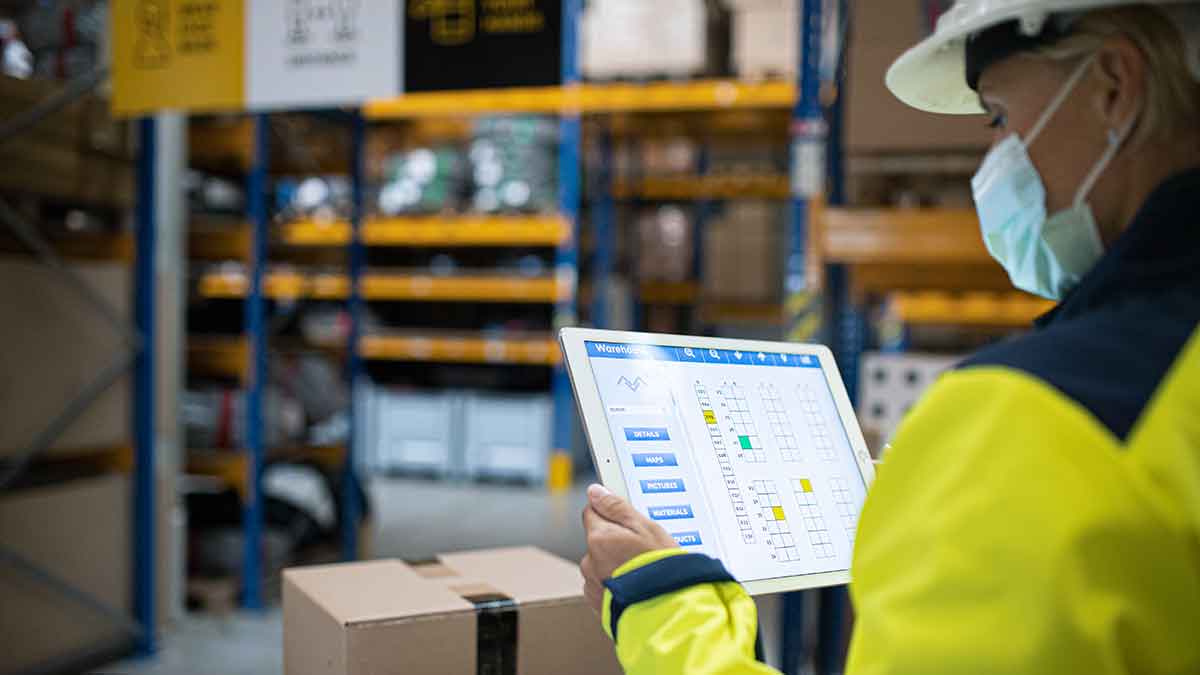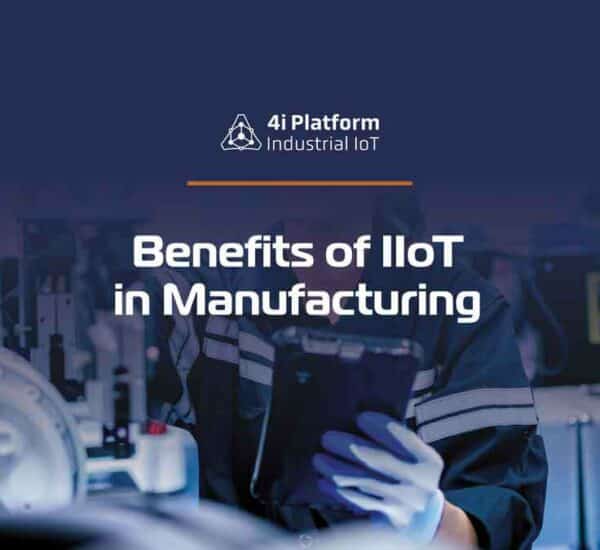The 4.0 industrial revolution has been ignited by IoT – a new wave of technological changes in which manufacturing processes are becoming more connected until everything is interconnected. Furthermore, IoT gives you the opportunity to anticipate buyer needs, connect different production stages and obtain information in real time.
The transformation of traditional manufacturing processes into more efficient, reliable, and available ones will make the manufacturing sector more competitive.
Besides, with IIoT, companies can offer higher quality products and retain customers by using new technologies in manufacturing. Manufacturing’s main trends are the reduction of manufacturing errors and the creation more efficient and flexible factories.
Quality must be a priority to help reduce errors, returns, and customer complaints. To improve quality, it is important to invest in automatic control points to improve production. In return, this will allow you to find faults and evaluate them. This will increase the product’s quality and confidence in the brand.
Digitalization in Manufacturing
Digitalization is the process of digitalizing manufacturing operations. In the recent years, the number of devices with integrated sensors have gone up in demand and use and this trend is unlikely to change any time soon.
For this reason, sensors are becoming more expensive and better in terms of quality, making it possible to use the oldest equipment in IoT. This is mainly due to the low cost of connectivity, the cloud, and the power of big data.
Benefits of Smart Manufacturing Processes:
- Make decisions and provide real-time information to avoid interruptions in production.
- Detect and anticipate quality issues, as well as prevent serious equipment incidents with predictive analysis.
- Maximize asset performance & uptime.
- Reduce or eliminate certain types of waste with information regarding production metrics.
- Adapt more quickly to the market’s demands.
- Increase visibility and process control.
- Recognize inefficiencies and reduce production costs.
It is quite obvious that IoT will be a primary part of any future manufacturing process. It is not only important to choose the right technology, but in addition, it is also crucial to think about how IoT technology will be integrated into the manufacturing environment, as well as deployment and tag costs, and security.





